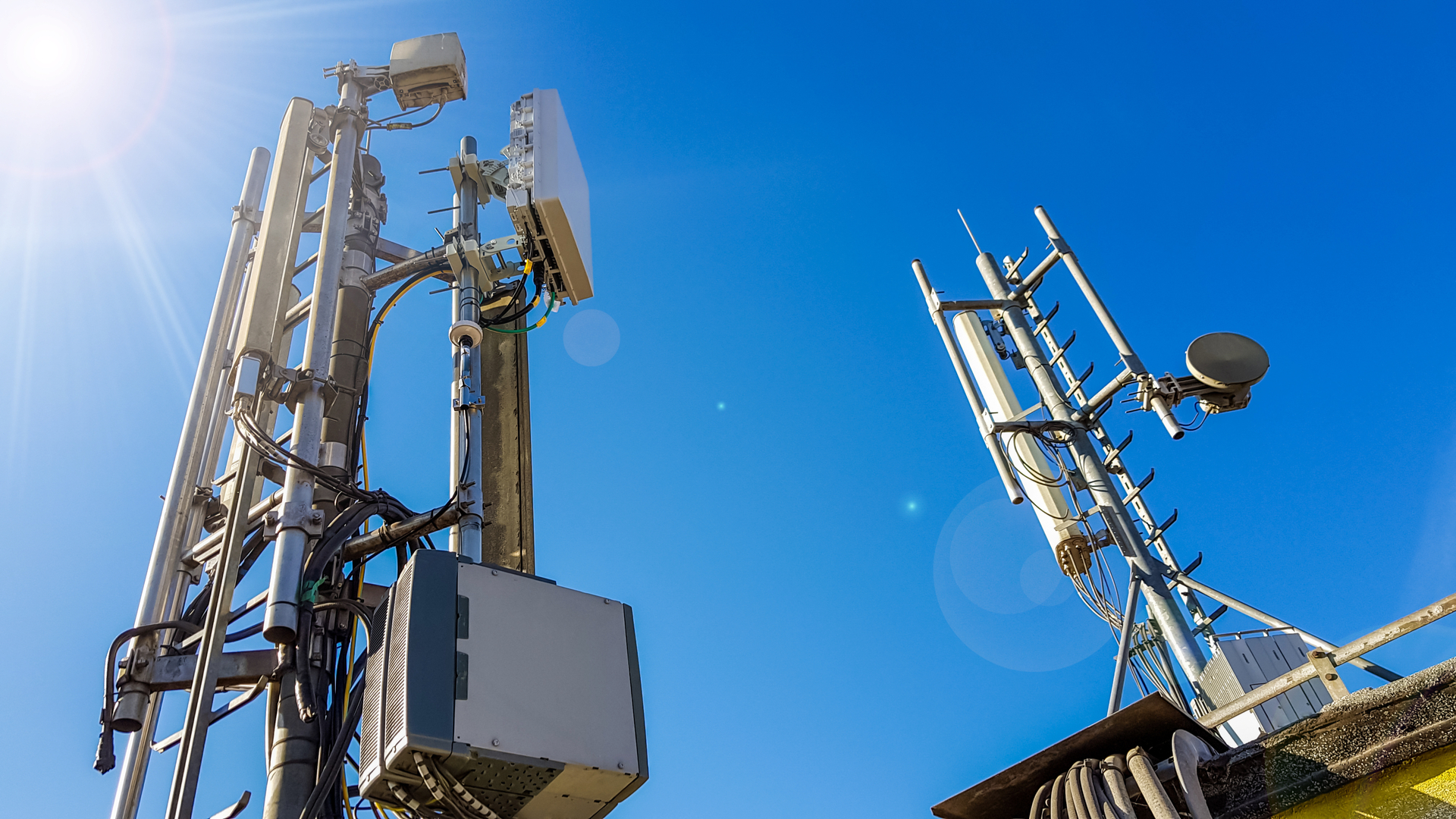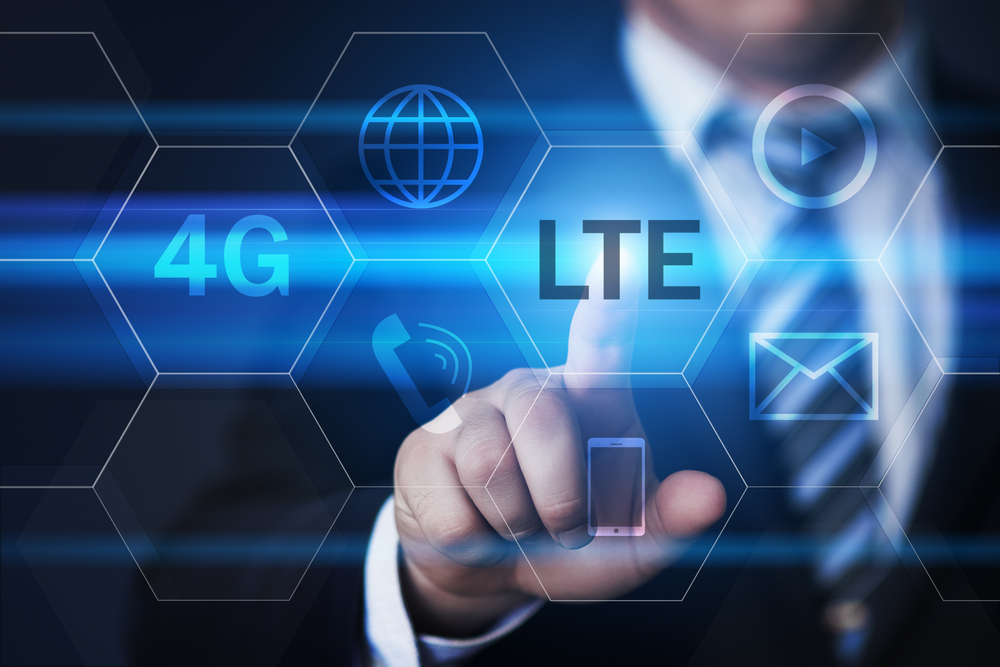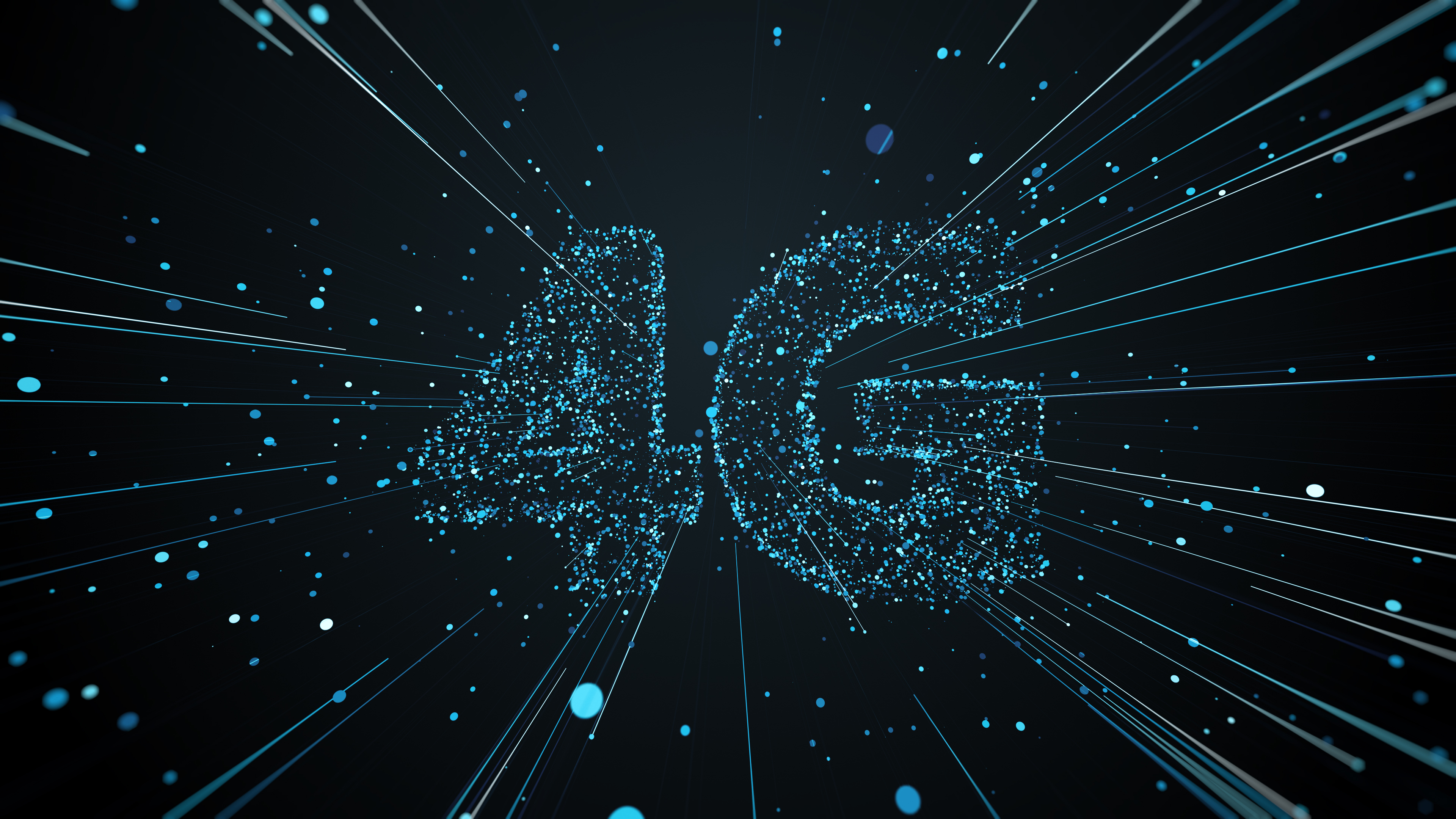4G auction delay to ‘cost UK up to £366m’
The UK economy will miss out on £366 million of 4G goodness thanks to a delay in the spectrum auction, a report claims.


The 3-6 month delay of the 4G spectrum auction will cost the UK economy between 183 million and 366 million, a report has claimed.
Ofcom was expected to have delivered the terms of the auction last month, but now the document will not appear until November, meaning the sell-off has been pushed back at least a quarter.
The UK could enjoy more than 37 million extra business hours a year if 4G services were rolled out today, the report claimed. Without this extra time, the country's businesses are losing 732 million a year, the research suggested.
My guess is that the Department for Culture, Media and Sport will give the final mandate to get Ofcom in gear.
The Open Digital Policy group, which drew up the research, criticised the UK's slow rollout of 4G in the UK, labelling it "unambitious."
Ofcom said the 4G rollout will begin in 2013. By 2017, 95 per cent of the country should be able to access such mobile broadband services.
The Open Digital Policy gained its results after calculating the number of hours wasted using 2G and 3G services, in comparison to the efficacy of 4G. It then transferred this data into a monetary value.
Get the ITPro daily newsletter
Sign up today and you will receive a free copy of our Future Focus 2025 report - the leading guidance on AI, cybersecurity and other IT challenges as per 700+ senior executives
"By ensuring a swift mobile spectrum auction, Ofcom will allow the UK's first LTE data services to be deployed quicker. By requiring a more ambitious rollout schedule from operators, nationwide coverage will be completed quicker, bringing real cost savings to UK businesses and enabling deployment of new business technology," the report read.
"The best way forward for the UK now to catch up with the rest of the 4G capable nations is to go ahead with the mobile spectrum auction as soon as possible. Any delay will not only cost businesses money in wasted time, but will risk a loss of income if we start to lose ground to other nations because UK businesses aren't able to deploy the mobile technology and working practices to compete with other nations."
Dominique Lazankski, co-author of the report, said Ofcom was worrying about legal problems. Both O2 and Vodafone have questioned the legality of the auction, claiming it favoured other providers.
"From what I understand Ofcom is taking a cautious approach, concerned about the process and legal issues," Lazanski told IT Pro.
"My guess is that the Department for Culture, Media and Sport will give the final mandate to get Ofcom in gear."
As for the industry players, Lazanski said she thought the issues stemmed back to the first spectrum auction and have still not been resolved.
There were a number of issues in the 3G auction of 2000. Vodafone ended up with the biggest slice of spectrum, but it was believed vendors overpaid for licenses and so could not invest in necessary infrastructure.
Mobile provider 3 said it needed the 4G auction to happen sooner rather than later so it could cater for increasing mobile broadband demand.
Tom Brewster is currently an associate editor at Forbes and an award-winning journalist who covers cyber security, surveillance, and privacy. Starting his career at ITPro as a staff writer and working up to a senior staff writer role, Tom has been covering the tech industry for more than ten years and is considered one of the leading journalists in his specialism.
He is a proud alum of the University of Sheffield where he secured an undergraduate degree in English Literature before undertaking a certification from General Assembly in web development.
-
 Bigger salaries, more burnout: Is the CISO role in crisis?
Bigger salaries, more burnout: Is the CISO role in crisis?In-depth CISOs are more stressed than ever before – but why is this and what can be done?
By Kate O'Flaherty Published
-
 Cheap cyber crime kits can be bought on the dark web for less than $25
Cheap cyber crime kits can be bought on the dark web for less than $25News Research from NordVPN shows phishing kits are now widely available on the dark web and via messaging apps like Telegram, and are often selling for less than $25.
By Emma Woollacott Published
-
 Ofcom net neutrality update dismisses calls for big tech contributions
Ofcom net neutrality update dismisses calls for big tech contributionsNews Ofcom’s net neutrality stance has been criticized by some industry stakeholders
By Emma Woollacott Published
-
 UK 5G spectrum auction will finally go ahead this week
UK 5G spectrum auction will finally go ahead this weekNews The much awaited auction will involve companies bidding for frequency in two bands
By Zach Marzouk Published
-
 Nokia and NASA join forces to bring 4G to the moon
Nokia and NASA join forces to bring 4G to the moonNews Cellular service will provide the communications needed for meaningful moon exploration
By Tyler Omoth Published
-
 Birmingham crowned the fastest UK city for 4G download speeds
Birmingham crowned the fastest UK city for 4G download speedsNews While Birmingham also recorded the highest speed hike over 2019, London came in at a middling 9th place
By Keumars Afifi-Sabet Published
-
 LTE vs 4G: Which is better?
LTE vs 4G: Which is better?In-depth Comparing LTE vs 4G has become common in recent years, but how exactly do they differ, and is 4G faster?
By Jane McCallion Last updated
-
 What is 4G?
What is 4G?In-depth A look at the fourth generation of mobile networking technology and its availability in the UK
By Rene Millman Last updated
-
 4G vs 5G - what's the difference?
4G vs 5G - what's the difference?Vs From 3G to 4G, mobile connectivity has revolutionised our lives. Now 5G is set to do it again
By Bobby Hellard Published
-
 The best 4G network
The best 4G networkIn-depth Every mobile provider offers 4G contracts, but which one is the best for you?
By Carly Page Last updated